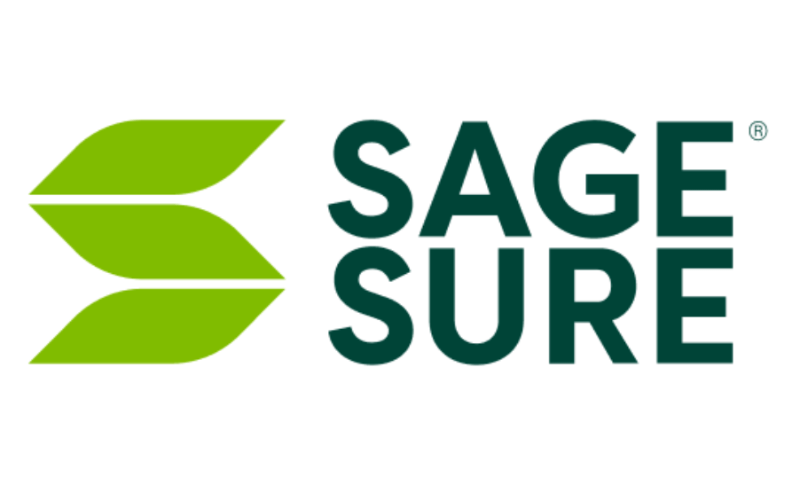
As the 2025 Atlantic hurricane season nears, Schroders Capital’s insurance-linked securities (ILS) team is cautioning investors against overreacting to early-season forecasts, with Mark Gibson from the company highlighting the need for a continued focus on risk fundamentals and portfolio diversification.In a new commentary, Mark Gibson, Senior Investment Director for ILS at Schroders Capital, highlights the importance of investment discipline during what is typically the most active and volatile period for weather-exposed portfolios.“The Atlantic hurricane season, which is considered to last from June to November, is a key period because that is when landfalling hurricanes are most likely to occur,” Gibson said.“It is also when investments that are exposed to these weather-related events face their peak time of being “on-risk” and associated risk premia are earned.” Forecasts from Colorado State University anticipate an “above average” season in 2025, However, Gibson points out that the financial implications of hurricane seasons often diverge from early meteorological predictions.
“From an insurance perspective, the losses associated with these hurricanes were similarly far less severe than what had been estimated,” he said, referring to the 2024 season.“In fact, in 2024 losses attributable to hurricanes ($30-50 billion) were less than the combined losses ($50 billion+) associated with so-called “secondary perils”, such as tornadoes, hailstorms, wildfires and floods.These perils are generally not expected to result in very large losses from individual events, although there are exceptions such as the Los Angeles wildfires of January 2025.” He continued: “Given the uncertainty of early-season forecasts, as alluded to above we recommend investors not to take investment decisions either to increase or decrease exposure to ILS purely based on these models.
From our analysis of historical forecasting, we have found they do not accurately reflect the impacts, risk premium or returns that will occur during the season, which is the most important part of the year for the catastrophe (cat) bond market.” Gibson also emphasised that risk outcomes depend heavily on where storms make landfall rather than just their frequency or severity, reiterating that catastrophe exposure and risk premium must be managed actively rather than reactively and avoiding concentration risk by being underweight transactions with a narrow territorial scope (such as to Florida domestic insurers) can help in managing ILS portfolios through the wind season.As the core months of the 2025 Atlantic hurricane season approach, Schroders Capital is calling for investor caution, and patience, in a market where weather volatility is only one part of the performance equation, with portfolio management expertise and discipline also critical to outcomes..All of our Artemis Live insurance-linked securities (ILS), catastrophe bonds and reinsurance can be accessed online.
Our can be subscribed to using the typical podcast services providers, including Apple, Google, Spotify and more.
Publisher: Artemis








